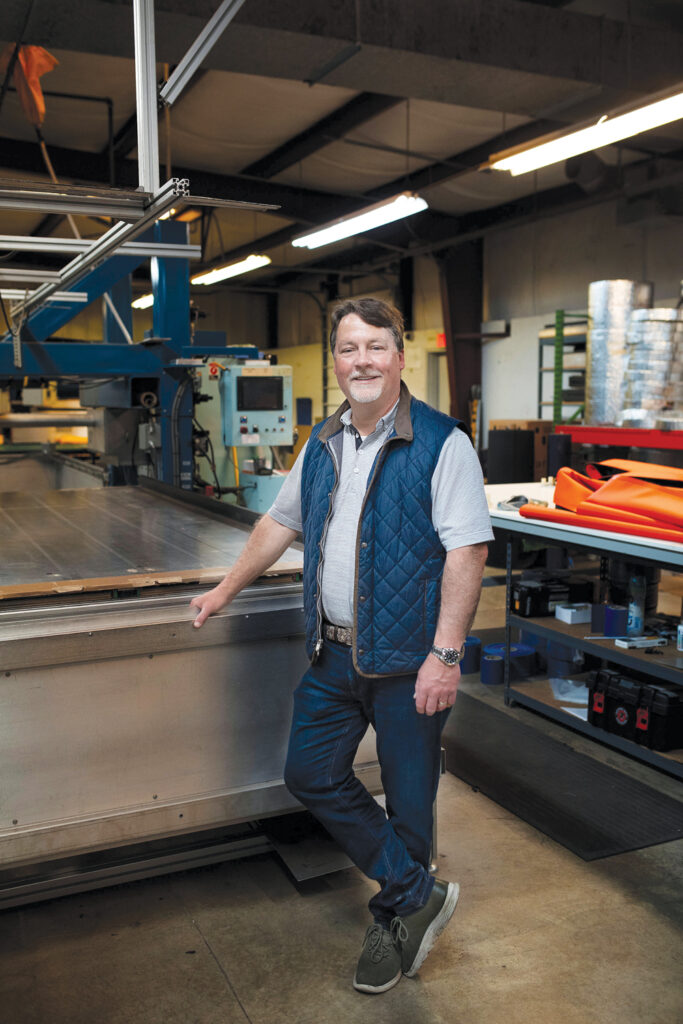
Founded as Bailie’s Furniture Company in 1858, Carolina CoverTech of North Augusta, S.C., is thriving in its third—and most transformative—era, due to the leadership of CEO Rian True. His early efforts in reshaping the company’s approach to manufacturing laid the foundation for a strategic vision that endures today, bolstered by True’s continuous pursuit of new opportunities and the resilience of his team.
True started working at Carolina CoverTech more than 35 years ago. His stepfather, Skip Jones, owned the company, known then as Bailie’s Canvas Specialties. Custom awnings were the company’s primary product, but it had expanded into other types of protective and enclosure canvas products as well.
Skip had purchased the company from the founder’s second-generation owner, who helped transition the product offerings from furniture to indoor window treatments to outdoor shade products. Carrying on the generational tradition, Skip ceded the company to both his son, Lee Jones, and True over a 10-year period that culminated in 2010.
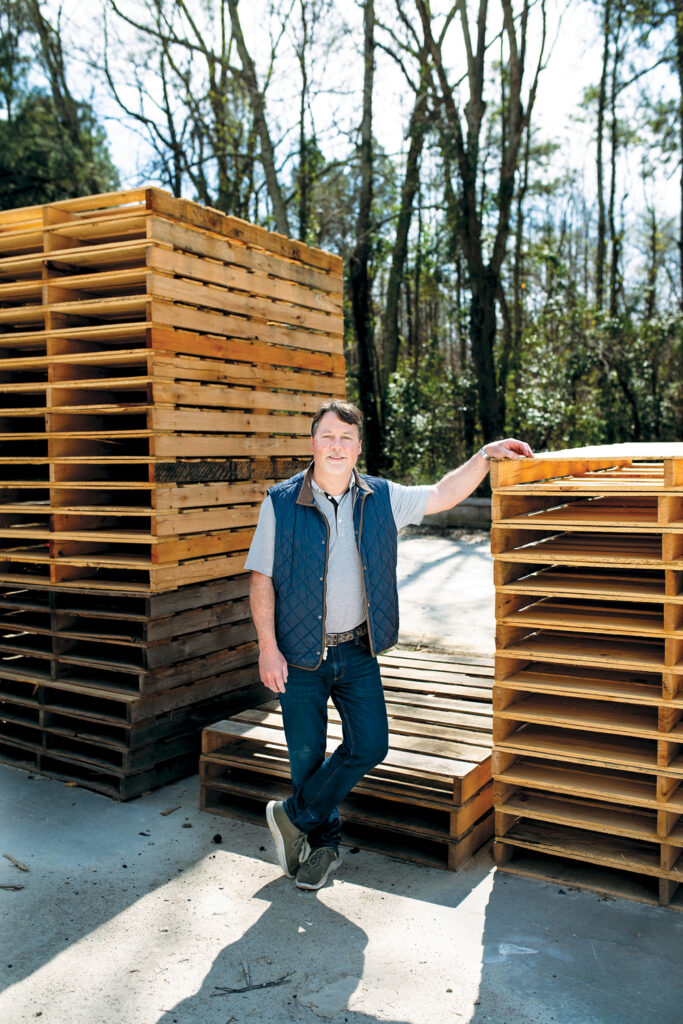
Shaping a strategy
Prior to the succession, True identified an opportunity for further expansion with a frequent customer—a golf cart manufacturer who contracted custom golf cart enclosures. “The customer disclosed that he was looking to have an enclosure pattern created and manufactured at a large scale so he could sell them to golf courses and consumers. I asked him point-blank if we could be considered for the job, but he had seen our facility and knew we weren’t set up or staffed for it—especially with the competition we’d be up against,” True recalls. “The idea of repeat manufacturing was very appealing to me, so I continued the conversation over time and he gradually started bringing us contracts for dozens or hundreds of products.”
Building on the success of that experience, True, Skip and Lee decided to scale up. They built a new facility to accommodate the growing production side of the business, with space to continue custom jobs. The move inspired a name change to reflect the transition, and Carolina CoverTech was established in 1994.
Today, the company continues both large-scale and custom manufacturing of products that cover, protect, contain and enclose, within industries spanning health care, safety and recreation, and industrial buildings. It specializes in engineering and producing products that need to be flexible yet rigid, air- and/or liquid-tight, durable and weather-resistant.
True and Lee divided the business more than four years ago, with Lee shifting focus to awnings only.
“I’m proud of the legacy this company holds,” True says. “What’s most important to me is evolving it in a way that sets employees up for success and helps the people who use our products be better off than they were before; that’s what drives our mission and values.”
A pivotal moment to deliver on this aspiration arose in 2018 when a classroom safety shade distributor approached True with an urgent request to manufacture outstanding shade orders its suppliers could not complete. Carolina CoverTech soon took over as the sole manufacturer. When the owner put the company up for sale two years later, purchasing it was an easy decision for True (see sidebar at left).
“The timing couldn’t have been better,” True says. “Many of the companies I admire in our industry have grown through acquisition, and I had been looking for an opportunity to do so myself. Because of the connections I’ve made through ATA [Advanced Textiles Association], I was able to meet and learn from several of them, so when the time was right, I was more than ready.”
Defining goals and objectives
As True continues to refine his growth strategy, implementing the Entrepreneurial Operating System® (EOS®) has made a significant difference. EOS is a set of tools and principles that help business owners more clearly define their vision and the steps and processes that will help them achieve it. “I love the variety of the things we do. But sometimes that pulls us away from products that better suit our mission—to make life better for our customers and end users. EOS is helping us narrow our focus to broaden our impact.”
One of True’s EOS-inspired goals is to control a specific percentage of everything Carolina CoverTech makes, as opposed to manufacturing all products by contract for other entities. “When we make a product for someone else, it doesn’t [necessarily] mean they’re going to buy from us again. We appreciate those customers, but we also want to have customers that we make exclusive products for,” True explains. “If we had our own product, we could work and invest differently and potentially grow a brand. It’s an exciting goal to work toward.”
Moving the plan forward
Another EOS principle True is excited to put into practice more fully is empowering employees. “You have to trust people, which means letting them make mistakes—and supporting them when they do. I’m learning to let go and empower our employees to authentically express themselves and their talents; watching them do this has been more fun than anything else.”
Supporting employees has always been one of True’s top priorities. “I want to ensure this is a place where people feel secure, acknowledged and cared about—and providing fair pay is an important part of that.” In addition to incentives that build community, such as parties and team lunches throughout the year, he has steadily increased pay and added profit-sharing as a benefit. “The truth is, money matters, and people deserve a living wage. How can they care about anything beyond pay if they’re constantly worried about bills?”
True has also shifted more focus to employee development, incorporating techniques and guidelines from Leader Standard Work, a management practice, to provide career paths that will help employees grow. “I’d love to have employees for life, but people are going to move around. Whether or not they stay here, I want to equip them to do well in whatever role will bring them the most satisfaction and happiness.”
As True considers the next best step along the company’s path, he is seeking another acquisition opportunity. “No matter what business we choose to purchase or what industry it’s in, we are committed to making quality products we can all be proud of at the end of every day. That will always drive my decisions as we look to expand.”
Holly Eamon is a business writer and editor based in Minneapolis, Minn.
Project Snapshot: A meaningful milestone
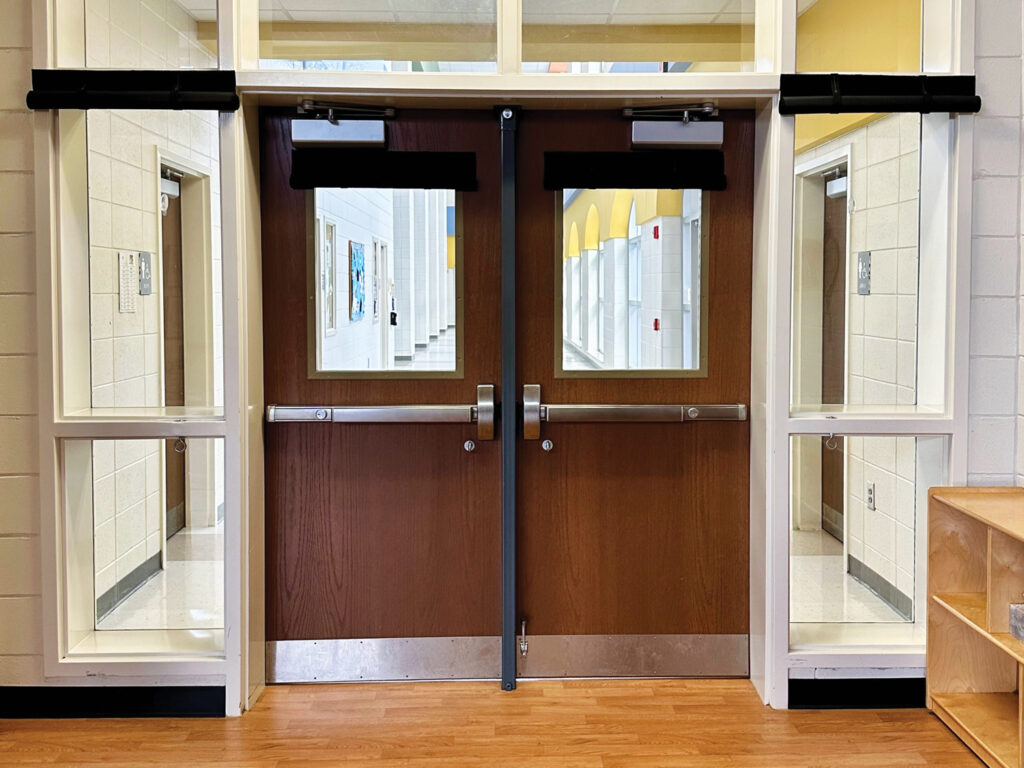
Carolina CoverTech purchased School Safety Solution in 2020, after two years of manufacturing its principal product, the Hideaway Helper, a lockdown window shade that was invented by a New Jersey-based teacher who was frustrated with the lack of options for covering classroom door windows during school lockdown drills.
CEO Rian True was looking for a way to grow via acquisition at the time, but to him the purchase was much more than a strategic business decision. “I love the mission of this company,” he says, noting that he has many teachers in his family. “This is one small way we can help make a positive difference in situations that are sad and scary.”
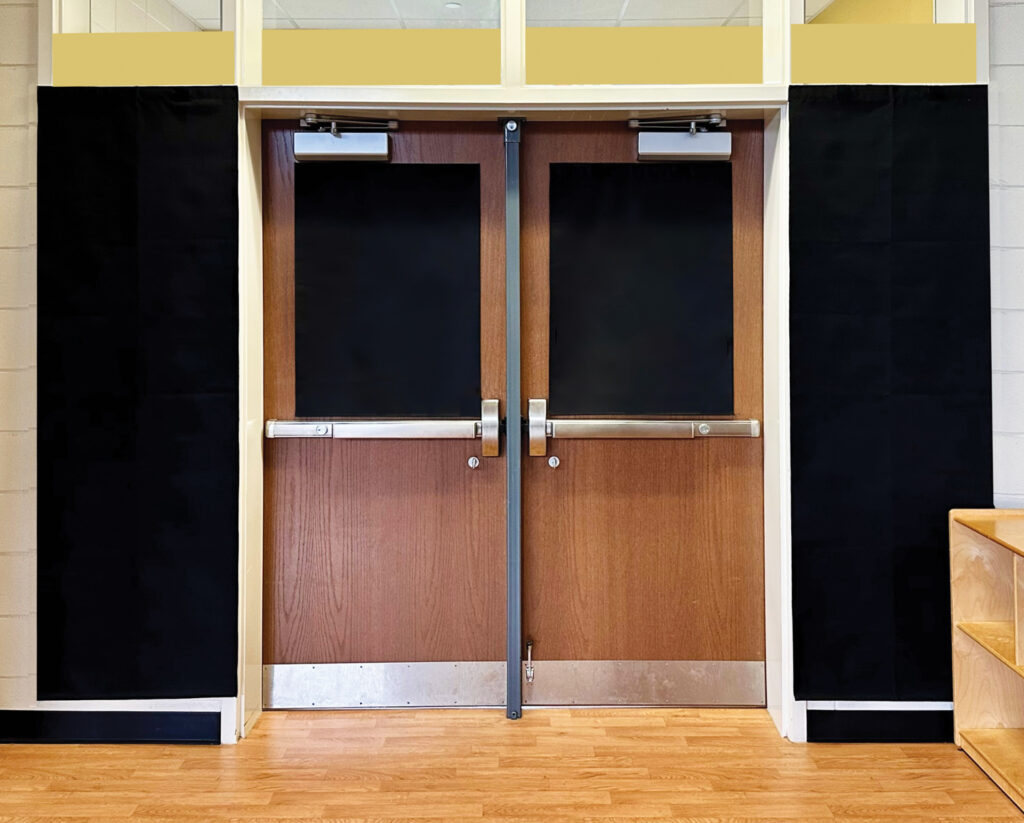
More than 6,000 schools and organizations across the United States and Canada have installed the Hideaway Helper. It is made with high-quality, blackout NFPA 701-compliant fire-retardant fabric—100% PVC-backed polyester—and can be easily installed on doors and windows using industrial-strength adhesive. While rolled up, it is secured with a Velcro® strap that releases the curtain in seconds when pulled. It is available in several sizes and can also be custom-made.
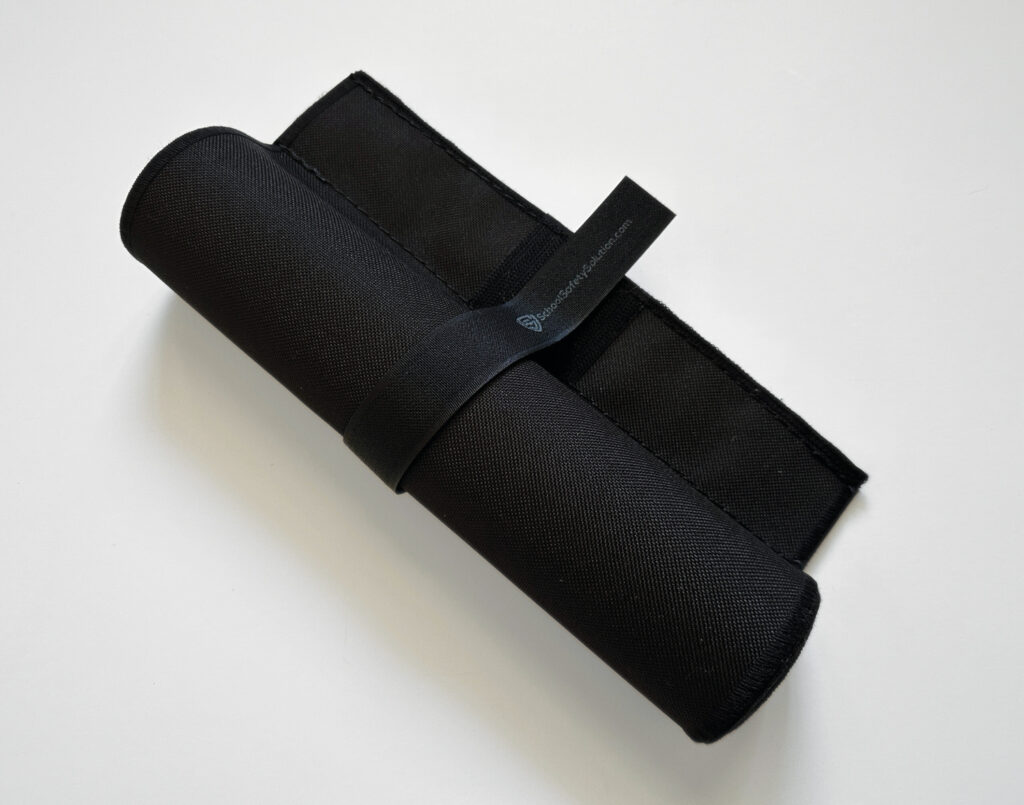
School Safety Solution sells additional products such as rapid response door locks and medical kits, and True plans to grow its product offerings. “There’s so much more we can do to keep people safe—why wouldn’t I want to be a part of that?”
Q&A
How do you integrate marketing into your broader business strategy?
We started holding weekly marketing leadership meetings over a year ago to bring more focus to our approach and investments in different marketing efforts. While we will always find value in trade show attendance, we’ve also invested more in digital marketing. …
We’re learning how we can make the most of social media, and I’ve been surprised by its reach. If you had asked me a couple of years ago, I would have said investing in something like Facebook or LinkedIn wouldn’t have been worth it. But with the way you can target posts about products for specific audiences—and with the way people share everything on these apps—we have a lot of opportunity to expand our base of customers and potential customers.
We’ve also made more of an effort to enhance our company websites, with a focus on content marketing—primarily for School Safety Solution, which has a blog. I really appreciate companies that can share information without making me feel like they’re trying to sell me something, and that’s the goal of our blog posts.
 TEXTILES.ORG
TEXTILES.ORG


